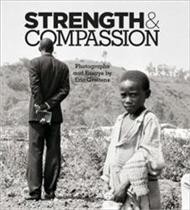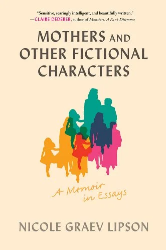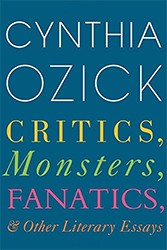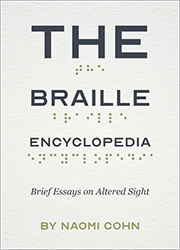Irving Kristol was born in 1920 into a traditional Jewish family in Brooklyn and died in Washington, D.C. in 2009, thus having lived through and experienced most of the watershed moments of the past hundred years from the Great Depression through 9/11 and the wars in Iraq and Afghanistan. This collection of essays, edited by his wife, gives the reader not only an insight into Kristol’s mind, but helps us to understand the much misunderstood concept of “neo-conservatism” and why he believes it to be a “persuasion” rather than “a movement… an ideology, let alone a party…”
As a young man in Brooklyn and throughout his undergraduate years at CCNY, Kristol was a Trotskyist as well as “a nonobservant Jew, but not a nonreligious one.” During World War II he saw combat in Europe, where he remained after the cessation of hostilities, first with the army of occupation in Germany and then in France, where he was preparing to be shipped to the Pacific but was spared by Japan’s surrender.
After returning to New York, he married his girlfriend Gertrude “Bea” Himmelfarb and soon left for England where “Bea” had received a fellowship at the University of Cambridge. While there, Irving wrote a novel (never published) and learned that he had neither the passion nor the patience to become a novelist and began to write freelance articles for Commentary which led to a junior editorship on their return to America. Thus began his remarkable career, which introduced him to some of the foremost authors and thinkers of the twentieth century. In his fascinating autobiographical memoir toward the end of the volume, he shares with his readers a number of his personal encounters, among which is one at a party hosted by William Phillips, co-editor of Partisan Review where “Mary McCarthy sat down on my right, Hannah Arendt on my left, and then Diana Trilling pulled up a chair and sat directly opposite me” as they argued about Freud for the next hour.
That was also the period when “McCarthyism was the issue of the day” and while he considered the senator to be a “vulgar demagogue” Kristol also became estranged from most “mainline” liberals and progressives, many of whom he considered to be “fellow-travelers” who failed to recognize the threat of Communism and openly supported the North in the Korean War. Kristol’s shift away from his youthful liberal leaning became ever more pronounced during the ’60s and the rise of the counterculture “with its messianic expectations and its apocalyptic fears.”
This volume is organized chronologically and divided into eight sections, each dealing with a different topic including “Democracy in America”; The Culture and Counterculture”; “Capitalism, Conservatism and Neoconservatism”; “Foreign Policy and Ideology”; “Judaism and Christianity” and finally, three autobiographic memoirs.
These essays are bound to resonate with anyone who has lived through, or wants to know more about, the twentieth century. Whether you agree with Kristol or not, the essays with titles such as “What’s Bugging the Students,” “No Cheers for the Profit Motive,” and “How Basic is ‘Basic Judaism’?, a Comfortable Religion for an Uncomfortable World” they are crisply written and thoroughly engaging.





